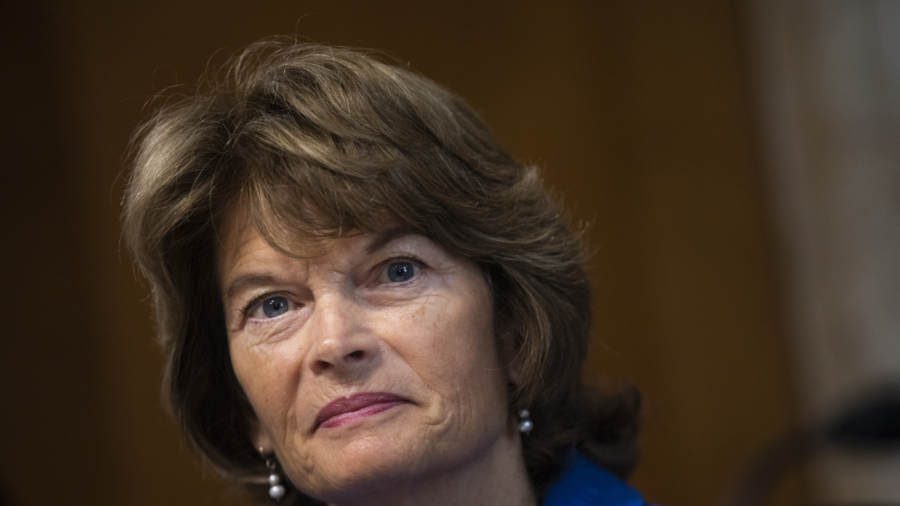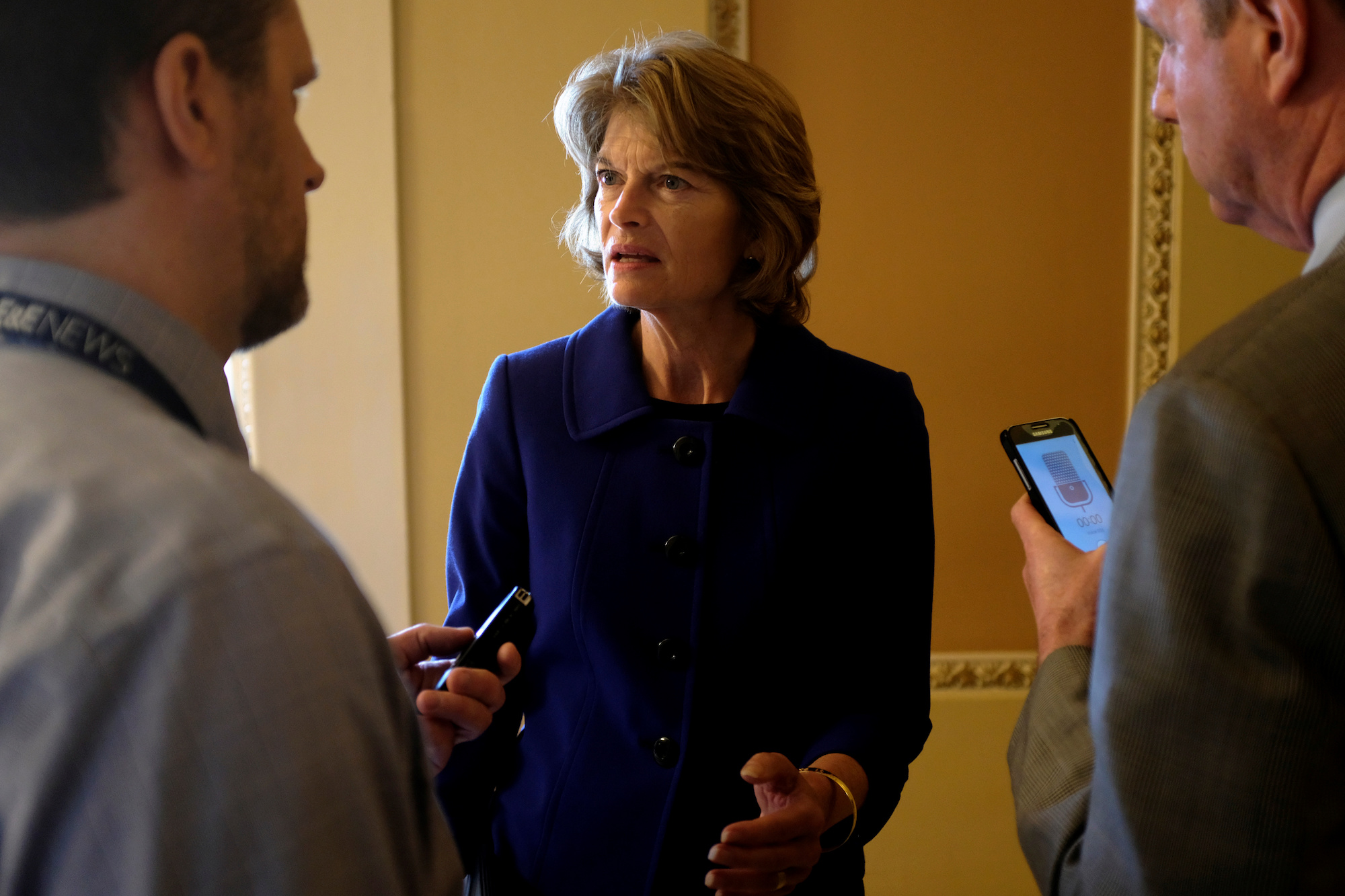Senator Lisa Murkowski (R-Alaska) urges Linda Capuano of the US Energy Information Administration to keep a close eye on the possible effects and unintended consequences on new standards for fuel emissions along with the guidelines agreed upon by the International Maritime Organisation (IMO) that will take effect by January 1, 2020.
In an open letter (pdf) the Administrator of the EIA, Murkowski, who also chairs the Senate’s Energy and Natural Resources Committee, says:
“As an Alaskan, I will always remain vigilant about unique consequences for the good people who live in rural and remote areas in my state. You know better than most that energy prices in a state like Alaska are typically quite higher than in the Lower 48. For that reason, negative Alaska-specific impacts are sometimes difficult to isolate from national impacts that may be positive overall.”

According to the IMO website, sulphur emissions will need to be reduced 80 percent by the start of 2020. “The marine sector will have to reduce sulphur emissions by over 80% by switching to lower sulphur fuels. The current maximum fuel oil sulphur limit of 3.5 weight percent (wt%) will fall to 0.5 wt%,” it said.
Murkowski did not oppose the implementation of IMO 2020 altogether. Instead, she requested that EIA “closely monitor implementation of IMO 2020 with a careful eye to the unintended consequences and disparate impacts” the measures might have, especially regarding unexpected fluctuations in the global oil market.
Murkowski is not only a devout advocate of Alaskan interests, as chairman of the Senate Energy and Natural Resources Committee and of the Interior-Environment Appropriations Subcommittee, she is also tightly involved with national and global energy management think tanks.
US ‘Falling Behind’ China in Global Race to Develop Electric Vehicle Supply Chain
The United States is losing the race to extract and refine minerals used to make electric vehicles and should do more to spur domestic production, a bipartisan group of senators said on Sept. 17.
The Senate’s Energy and Natural Resources Committee held a Tuesday hearing in part to keep the topic fresh in the national dialogue as the nation moves toward the 2020 presidential campaign.
U.S. Senator Lisa Murkowski (R-AK) speaks with reporters off the Senate floor in Washington, D.C. on May 23, 2019. (James Lawler Duggan/Reuters)
“China is consolidating control of the entire supply chain for clean technologies,” Murkowski said. “The United States is falling behind … and allowing that to happening is a strategic mistake.”
Reuters contributed to this report



